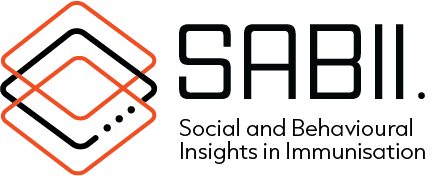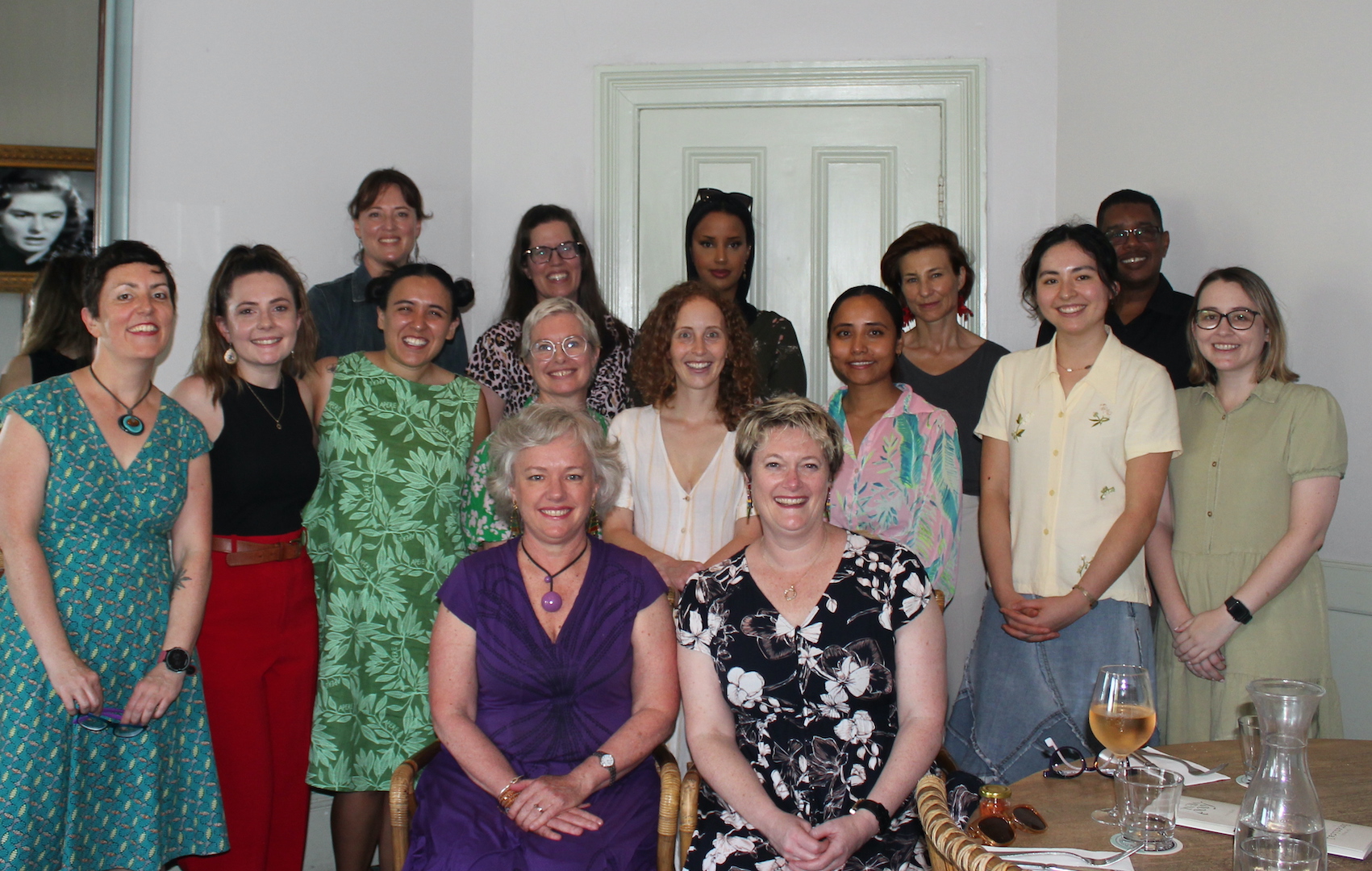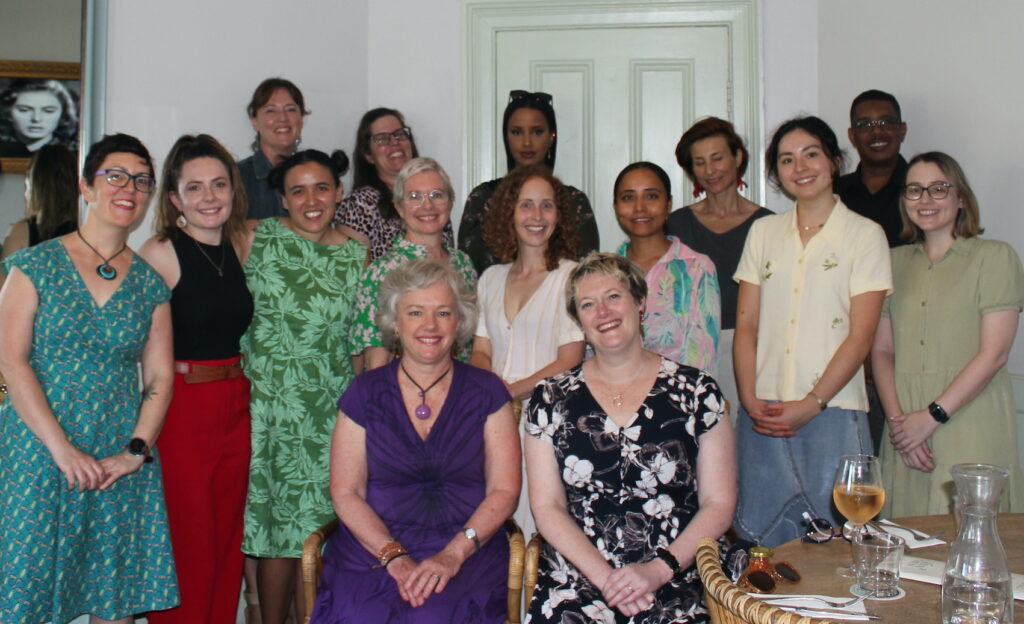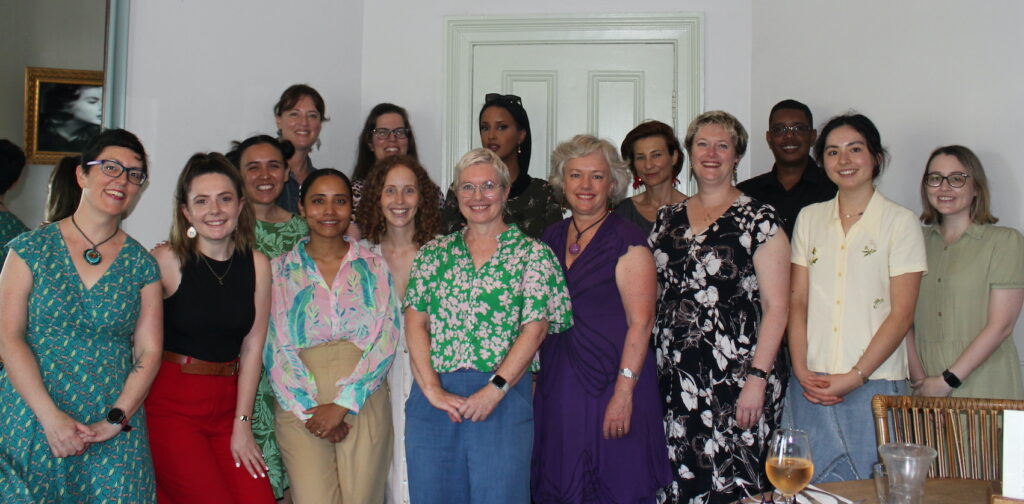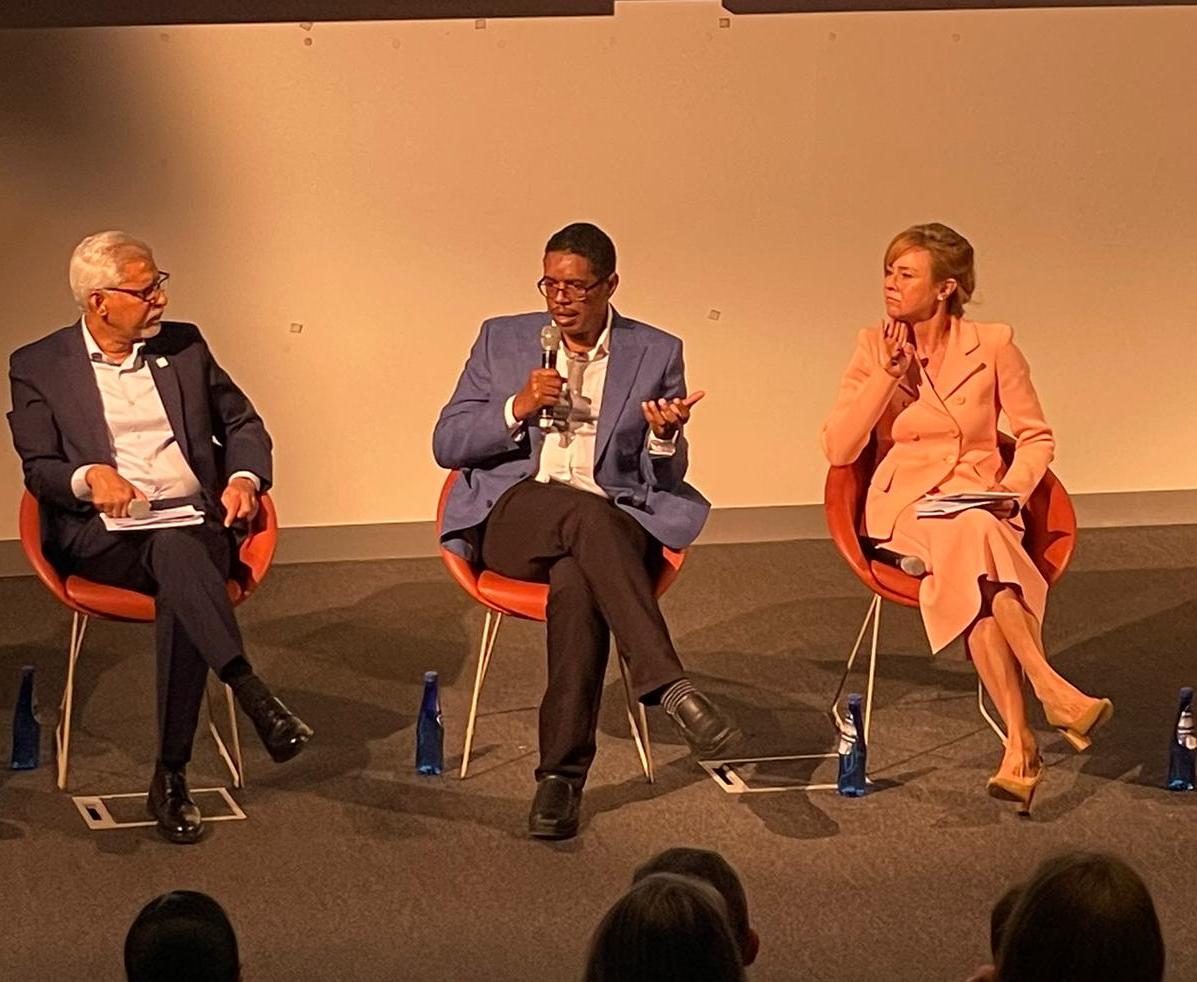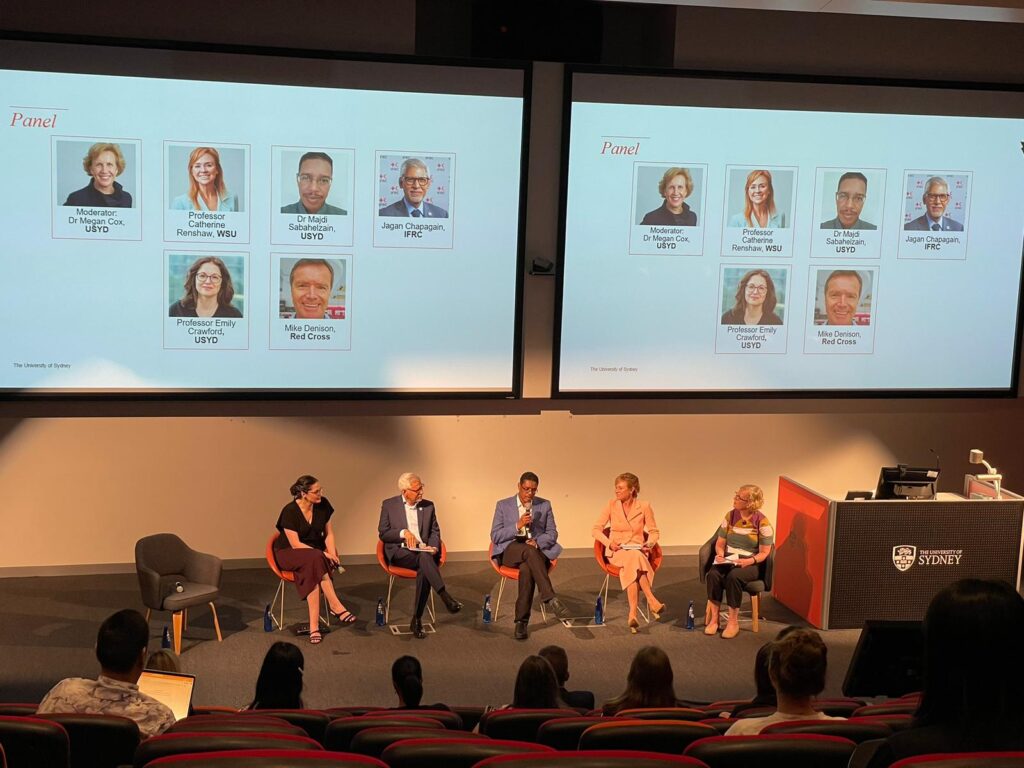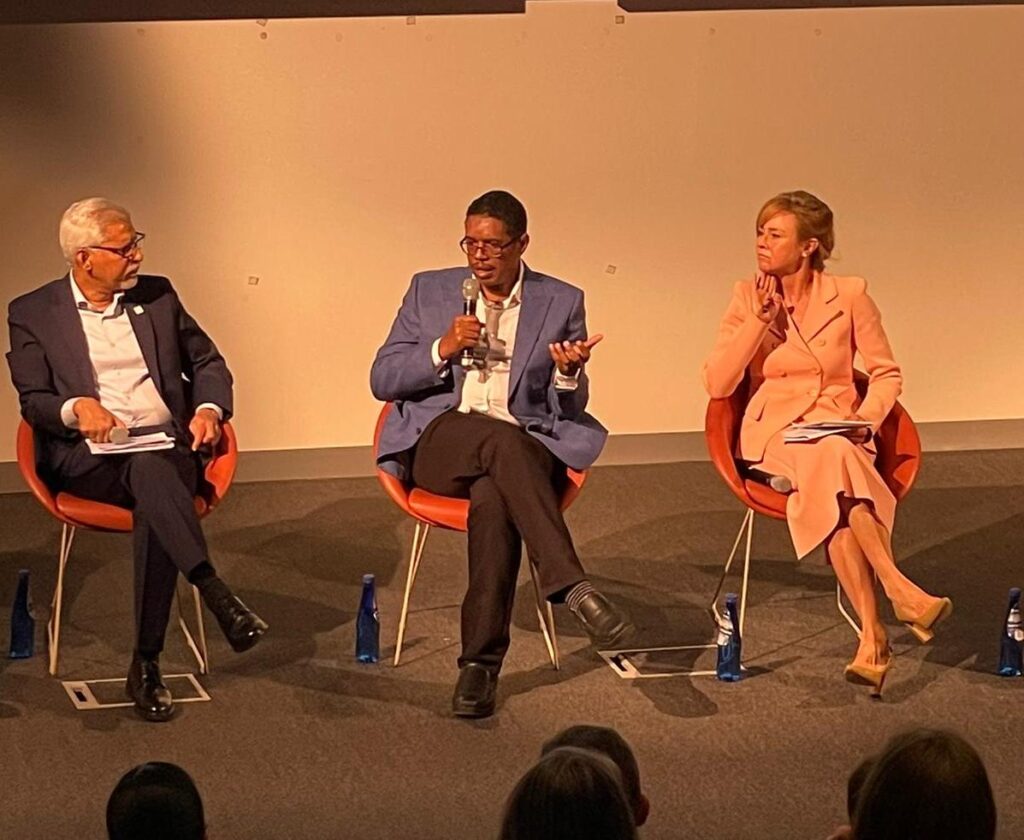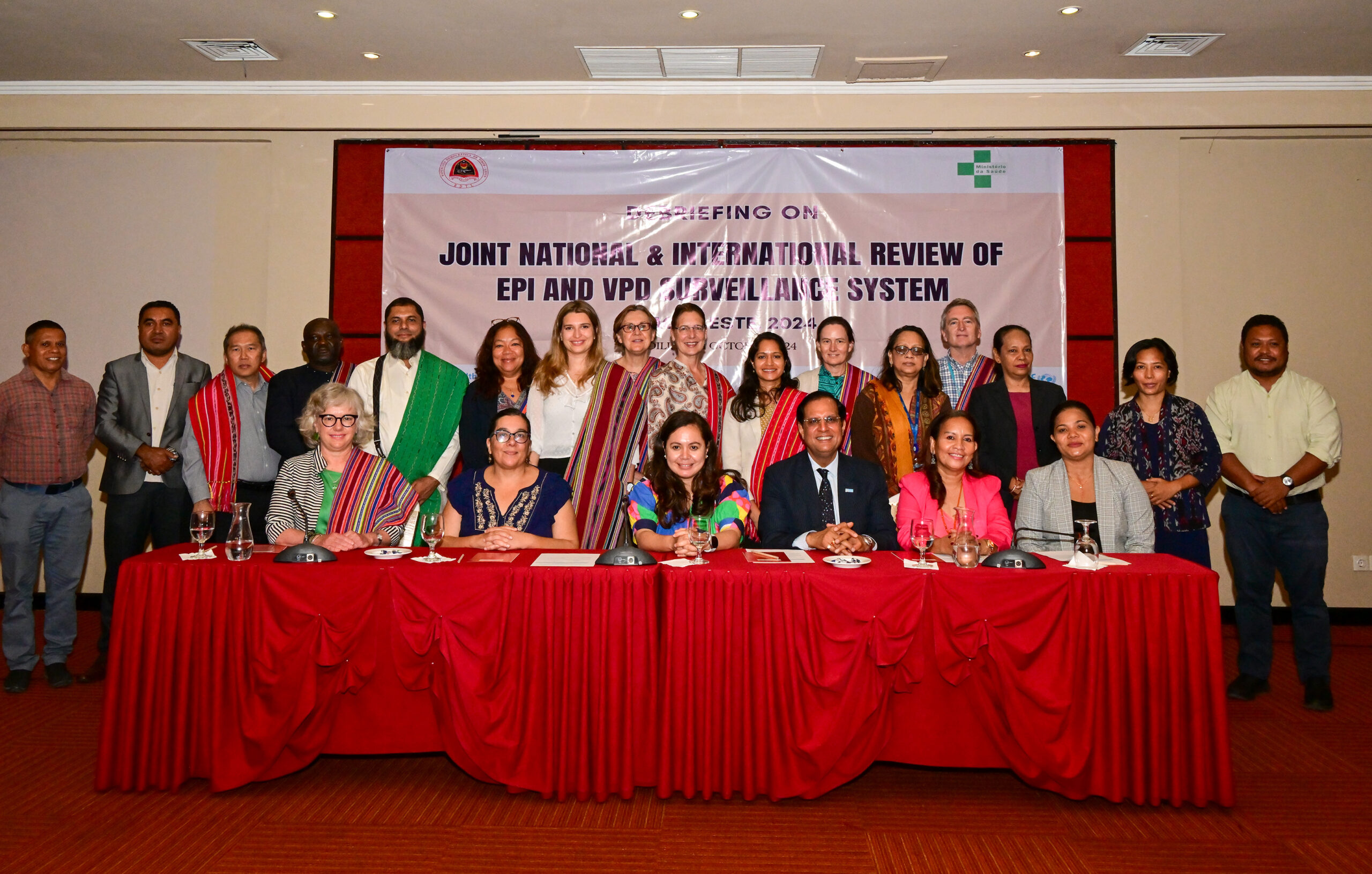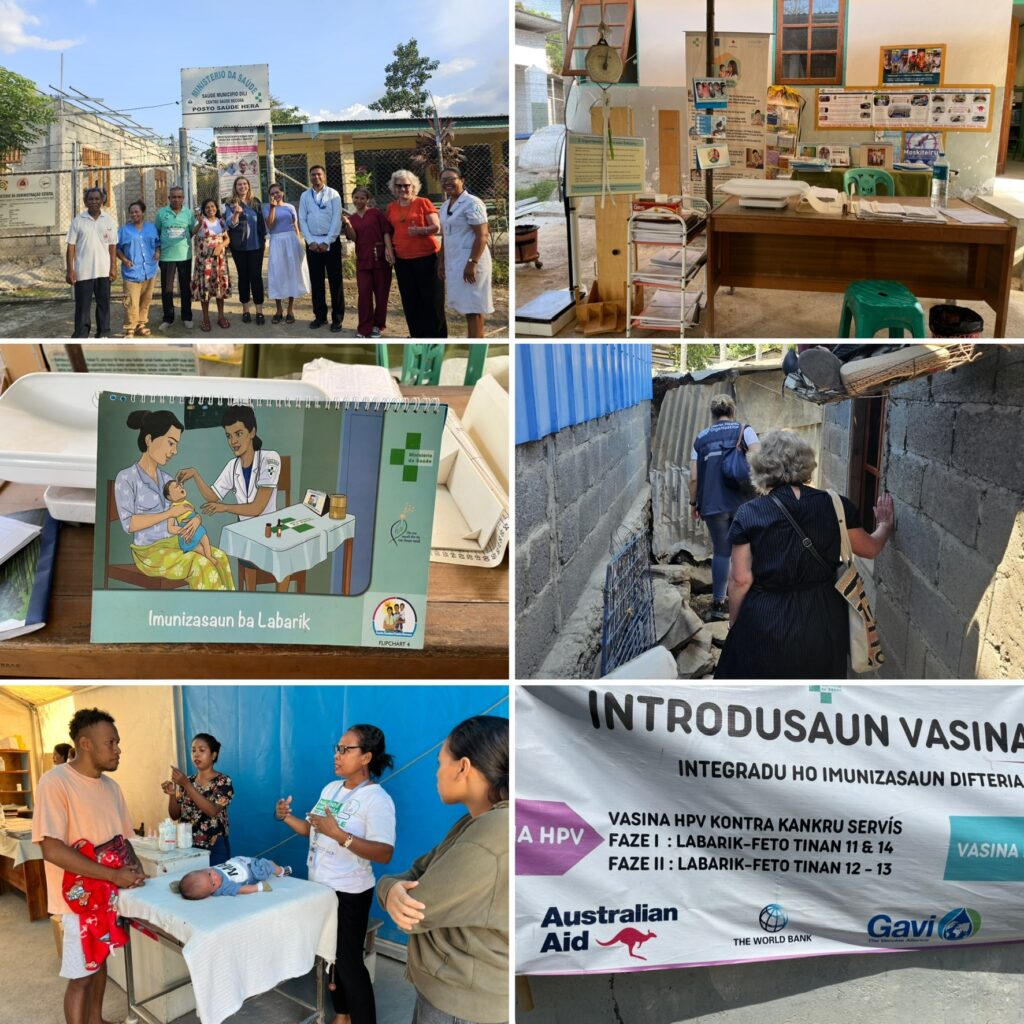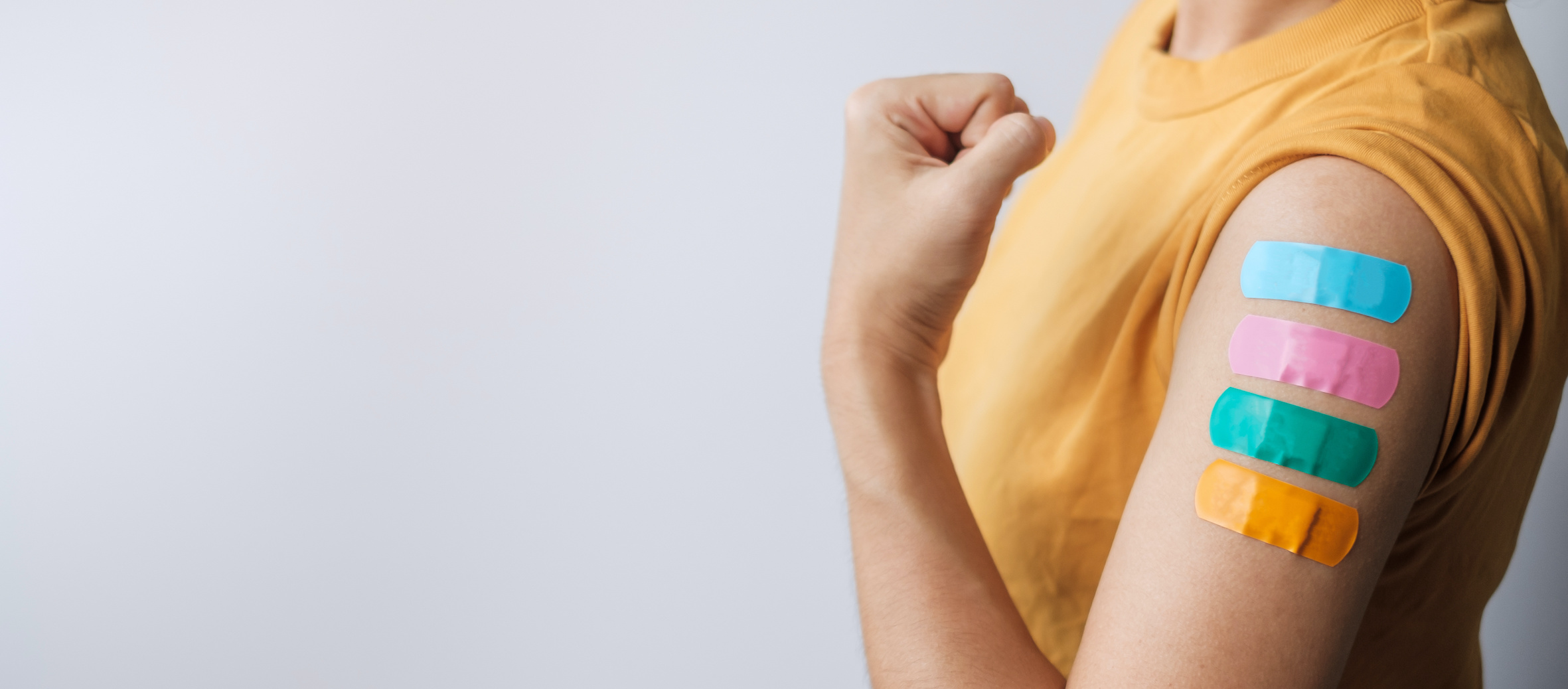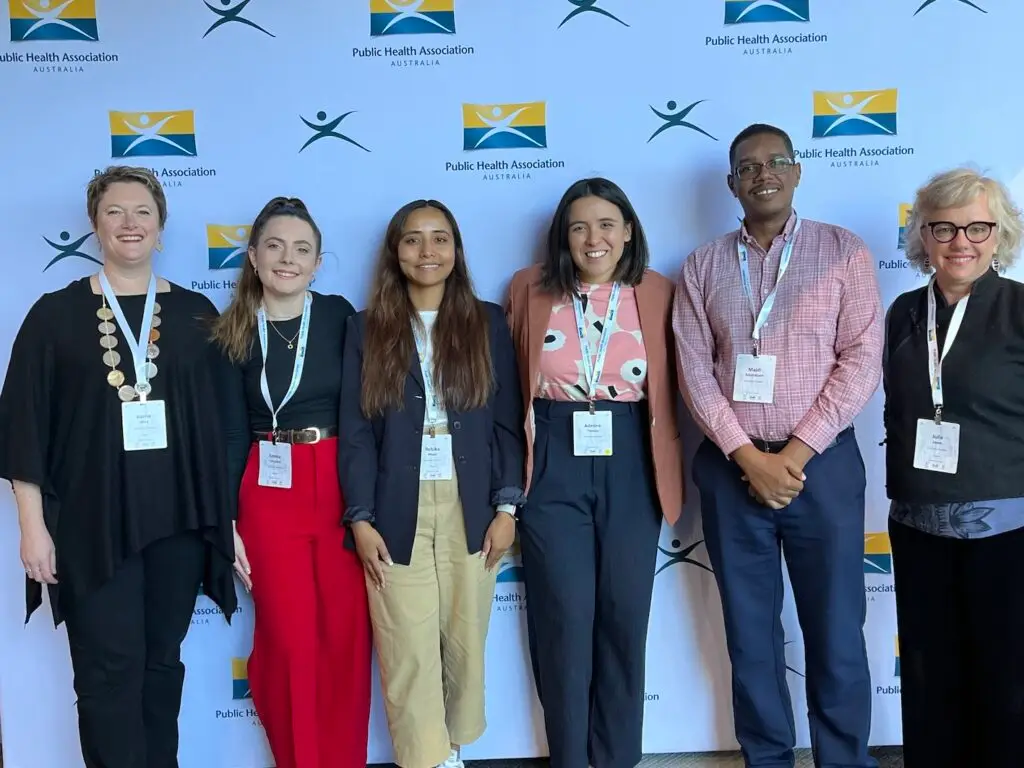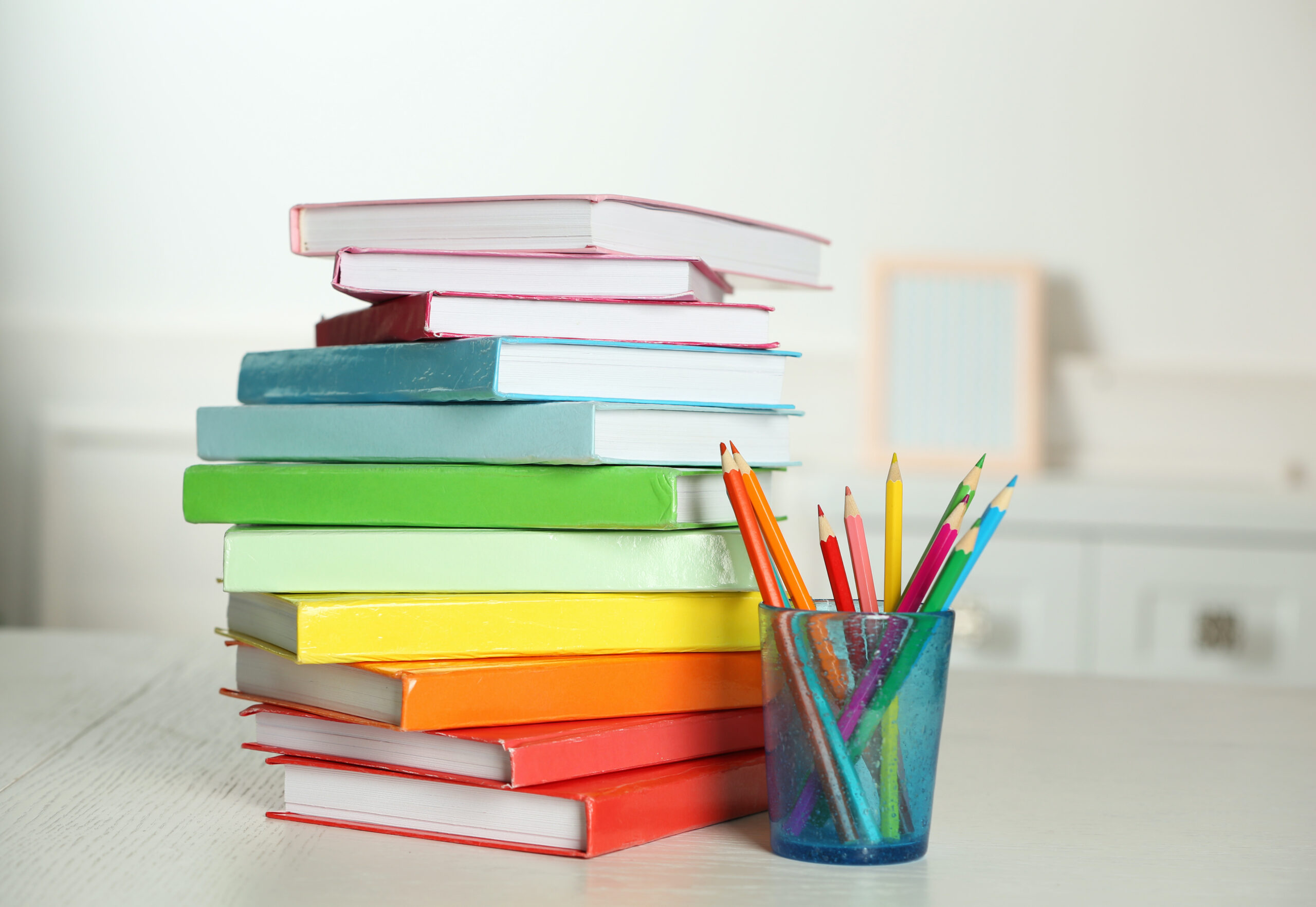Check out two new pre-prints from the SABII team, led by Dr Christou-Ergos. See the abstracts below, and click the links to see the full articles.
Christou-Ergos, Maria and Sabahelzain, Majdi M. and Steffens, Maryke and Kaufman, Jessica and Bolsewicz, Katarzyna T. and Danchin, Margie and Leask, Julie, The Drivers of Influenza Vaccination in Adults: Insights from a National Australian Survey (August 26, 2024).
Abstract
Influenza vaccination coverage is suboptimal in the Australian adult population. While coverage data is used to monitor uptake, at present, there is no systematic data collection on the behavioural and social drivers of vaccination. This study used a globally standardized survey tool to measure constructs related to influenza vaccination within four domains (i) vaccination-related thoughts and feelings, (ii) social processes, (iii) motivation, and (iv) practical issues.
An online survey was administered to a sample of 2055 Australian adults recruited via an online panel in March 2024. Logistic regression analysis was used to determine factors that contributed to people’s intention to receive an influenza vaccine.
Most Australian adults (62.8%) wanted an influenza vaccine in the upcoming influenza season. The odds of wanting an influenza vaccine were significantly greater for people who: had received an influenza vaccine in the preceding two years (aOR:10.35; 95% CI: 7.09-15.11) p<.001; thought the influenza vaccine offered personal protection (aOR:2.66; 95% CI: 1.76-4.01) p<.001; thought the influenza vaccine offered protection to others (aOR:1.6; 95% CI: 1.08-2.39) p=0.02; thought the influenza vaccine was important for their own health (aOR:1.53; 95% CI: 1.03-2.27) p=0.04; felt a social responsibility to get an influenza vaccine (aOR:4.05; 95% CI: 2.88-5.68) p<.001; believed close family and friends wanted them to get the influenza vaccine (aOR:2.35; 95% CI: 1.67-3.3) p<.001; believed community leaders wanted them to get the influenza vaccine (aOR:1.48; 95% CI: 1.08-2.01) p=0.01; received a recommendation to get the influenza vaccine from a health care worker in last two years (aOR:1.7; 95% CI: 1.24-2.32) p<.001.
This study provides a foundation for ongoing national monitoring of the drivers of influenza vaccination. This will help tailor timely strategies to population needs. Strategies that increase confidence in the value of vaccination, foster positive social norms within communities and increase access to vaccine services may help increase influenza vaccine acceptance.
Leask, Julie and Christou-Ergos, Maria and Abdi, Ikram and Mbossou, Franck and Sabahelzain, Majdi M. and Wiley, Kerrie and Lambach, Philipp and Sim, So Yoon, Informing the Development of Transmission Modelling Guidance for Global Immunization Decision-Making: A Qualitative Needs Assessment (August 26, 2024). Available at SSRN:
Abstract
In recent years, mathematical transmission models have been increasingly used to support immunization program decisions and to measure the impact and cost-effectiveness of interventions. However, countries face expertise-and resource-related barriers that limit the use and application of modelled evidence to inform decisions. The World Health Organization (WHO) established an Immunization and Vaccines Related Implementation Research advisory committee subgroup in 2023 to support immunization decision-makers to effectively generate, translate and use such evidence for strategies, policies, and programs. This study supports this effort, detailing the needs of end-users to inform content and format of the guidance.
Fifteen in-depth interviews were conducted with vaccination decision-makers and modellers from all WHO regions and across low-,middle- and high-income countries. Interviews explored: (i) how modelling is understood and used; (ii) the challenges faced when using modelled evidence; (iii) the types of guidance that would be most useful to enhance the use of modelled evidence. Analysis of transcripts was guided by the framework method.
Participants with modelling expertise used it firsthand, systematically, and often in an advisory capacity. Less experienced users, often in policy advisory roles, were less confident in their understanding of modelling and some did not use it at all. Decision-makers with little or no modelling experience cited a need for more information to help them understand the value of modelling in their context and many supported its potential. All participants saw a need for capacity strengthening and localised application to instil confidence in using modelled evidence. Those with less experience expressed a need for ongoing interactive engagement with knowledge brokers and training.
